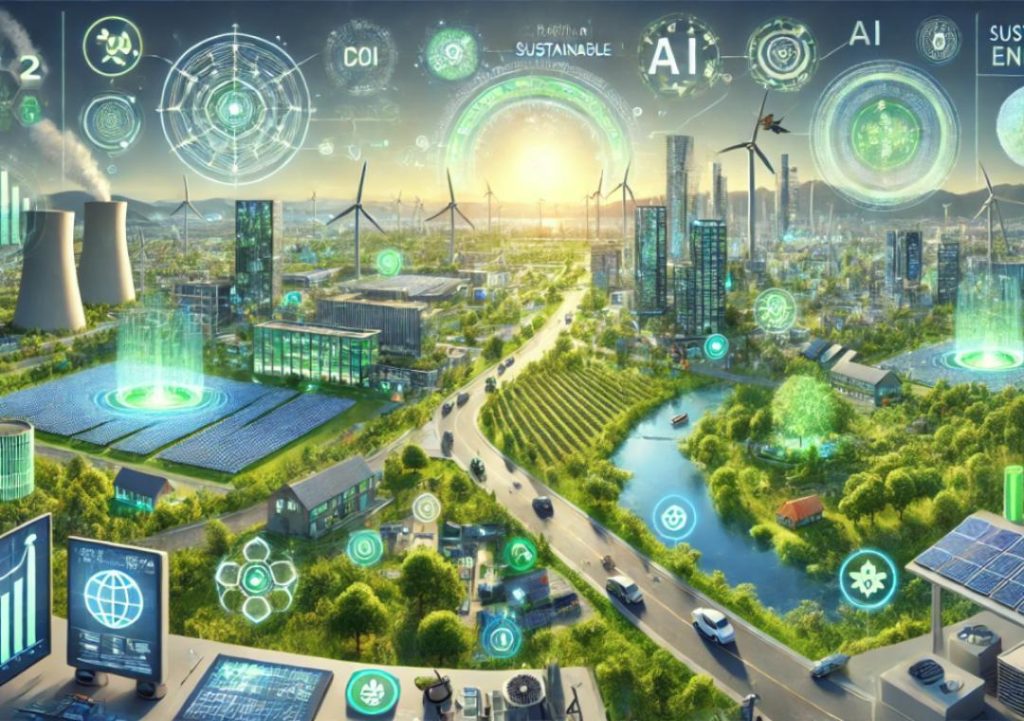
Startups Drive AI, Green Products, and Fintech Disruption
The startup ecosystem has been instrumental in shaping the future of various industries, from automation and sustainability to finance and technology. Emerging companies are leading the charge in embracing innovative trends, disrupting traditional business models, and creating new opportunities for growth.
One of the most significant areas of disruption is Artificial Intelligence (AI) automation. Startups are leveraging AI to streamline processes, increase efficiency, and reduce manual labor. For instance, companies like Automation Anywhere and UiPath are using AI-powered robots to perform tasks that were previously done by humans. This not only saves time and resources but also enables businesses to focus on higher-value tasks.
Another area where startups are making a significant impact is eco-friendly products. As consumers become increasingly environmentally conscious, startups like Patagonia and Seventh Generation are leading the charge in creating sustainable products. From reusable bags to recycled materials, these companies are promoting a culture of sustainability and reducing waste. Additionally, startups like TerraCycle and Loop are revolutionizing the way we consume products by promoting a circular economy and reducing packaging waste.
The fintech industry is another area where startups are driving disruption. With the rise of decentralized finance (DeFi), startups like Compound and Aave are creating decentralized lending platforms that enable individuals to lend and borrow cryptocurrencies. This decentralized model allows for greater transparency, security, and accessibility, making finance more inclusive and democratized.
Other fintech startups like Stripe and Square are revolutionizing the way we make payments. By providing simple and secure payment solutions, these companies are enabling businesses to accept payments online and offline, reducing the need for cash and increasing convenience for consumers.
In addition to these areas, startups are also driving innovation in other industries such as healthcare, education, and transportation. For instance, startups like telemedicine platforms like Teladoc and Doctor on Demand are providing accessible healthcare services to remote and underserved communities. Similarly, startups like Coursera and Udemy are making high-quality education accessible to anyone with an internet connection.
Startups are also disrupting traditional transportation models by providing ride-sharing services like Uber and Lyft, and electric vehicle solutions like Tesla and Rivian. These companies are reducing emissions, increasing efficiency, and providing consumers with more options for getting around.
So, what drives the success of these startups? According to a survey by GrowthJockey, the top factors contributing to their success include:
- Innovative technology: Startups that develop innovative technologies that solve real-world problems are more likely to succeed.
- Strong leadership: Founders who possess strong leadership skills, vision, and passion are essential for driving a startup’s success.
- Adaptability: Startups that are able to adapt quickly to changing market conditions and customer needs are more likely to thrive.
- Networking: Startups that build strong networks and partnerships with other businesses, investors, and experts are more likely to access new opportunities and resources.
- Funding: Startups that have access to sufficient funding are better equipped to scale and grow their businesses.
In conclusion, startups are driving significant disruption in various industries, from AI automation and eco-friendly products to fintech and transportation. By embracing innovative technologies, developing strong leadership, and adapting to changing market conditions, these companies are creating new opportunities for growth and shaping the future of business.
Source:






